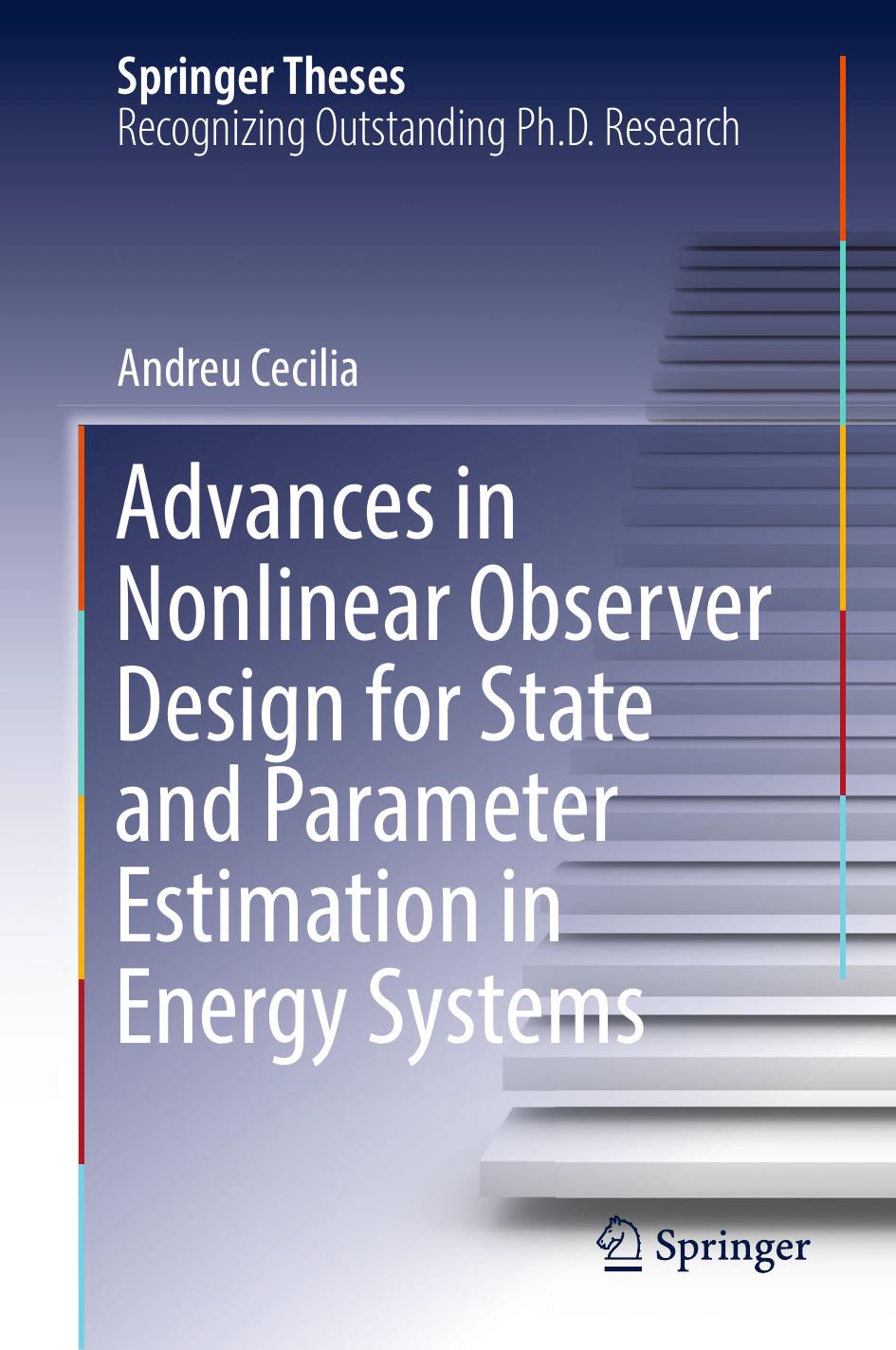

Most ebook files are in PDF format, so you can easily read them using various software such as Foxit Reader or directly on the Google Chrome browser.
Some ebook files are released by publishers in other formats such as .awz, .mobi, .epub, .fb2, etc. You may need to install specific software to read these formats on mobile/PC, such as Calibre.
Please read the tutorial at this link: https://ebookbell.com/faq
We offer FREE conversion to the popular formats you request; however, this may take some time. Therefore, right after payment, please email us, and we will try to provide the service as quickly as possible.
For some exceptional file formats or broken links (if any), please refrain from opening any disputes. Instead, email us first, and we will try to assist within a maximum of 6 hours.
EbookBell Team

0.0
0 reviewssensors to obtain the value of the physical variables to be controlled. Unfortunately,
the addition of new sensors increases the cost and complexity of control systems.
Moreover, in certain applications, it is not possible to measure the variables of interest.
A current trend to address these problems is the use of virtual sensors that combine the
use of measured variables with mathematical models in order to estimate the desired
variables. In many cases, these virtual sensors take the form of state observers.
These methods, typical of automatic control and with a long conceptual trajectory,
are being increasingly integrated into control and supervision systems as in the case
of the popular digital twins. The thesis presents the application of state observers
to two types of energy systems such as fuel cells and energy distribution networks.
In fuel cells, the application of state observers to the estimation of PEM fuel cell
membrane humidity is presented. This is a very relevant problem for improving the
performance of PEM fuel cells, and it is very difficult to solve using conventional
techniques.
In energy distribution networks, the detection and compensation of attacks caused
by external entities is addressed. This is a subject of great interest and current
affairs. In addition to the practical applications, the thesis has made novel conceptual
proposals that represent an advance in the state of art of estimation algorithms, highlighting the proposal made in the joint estimation of states and parameters. We believe
that it is a very actual work and that can contribute significantly to the improvement
of the control and supervision of energy systems.